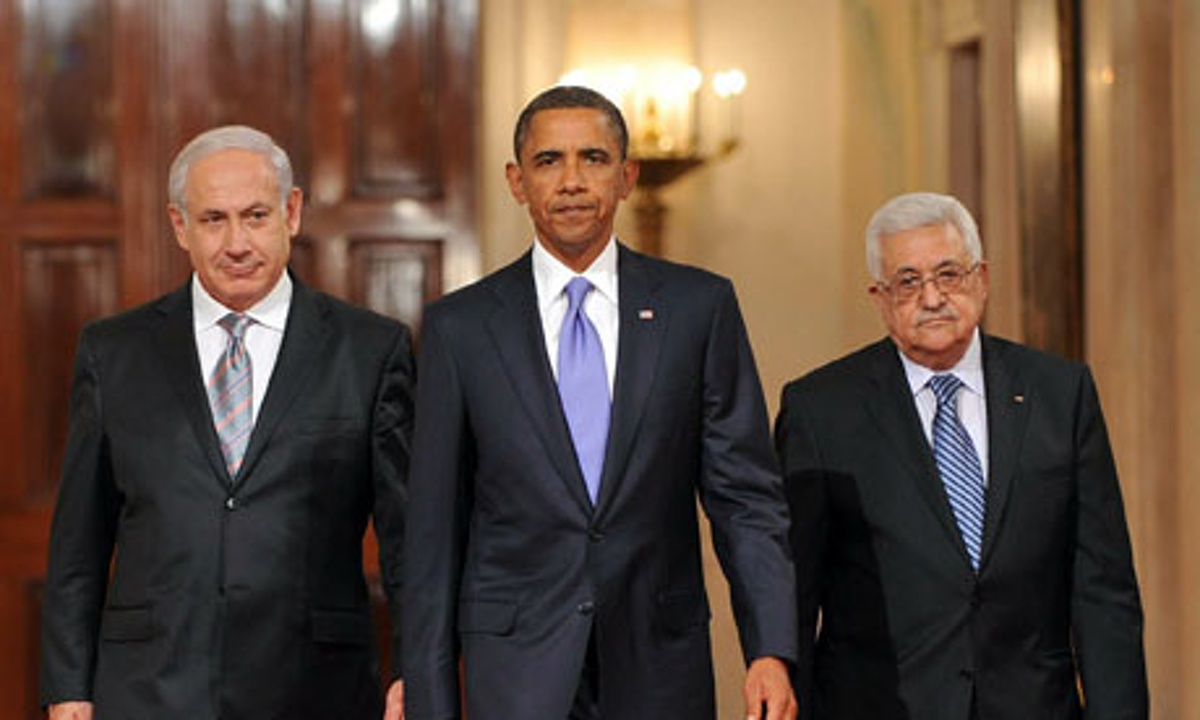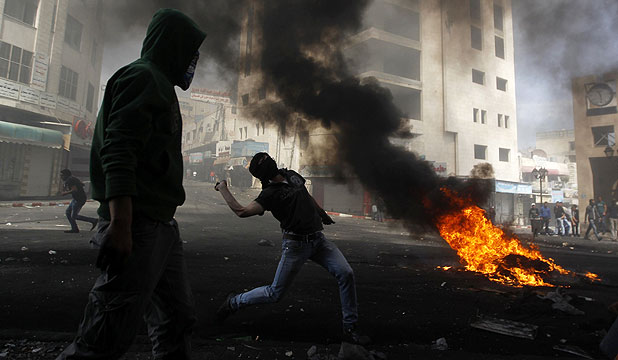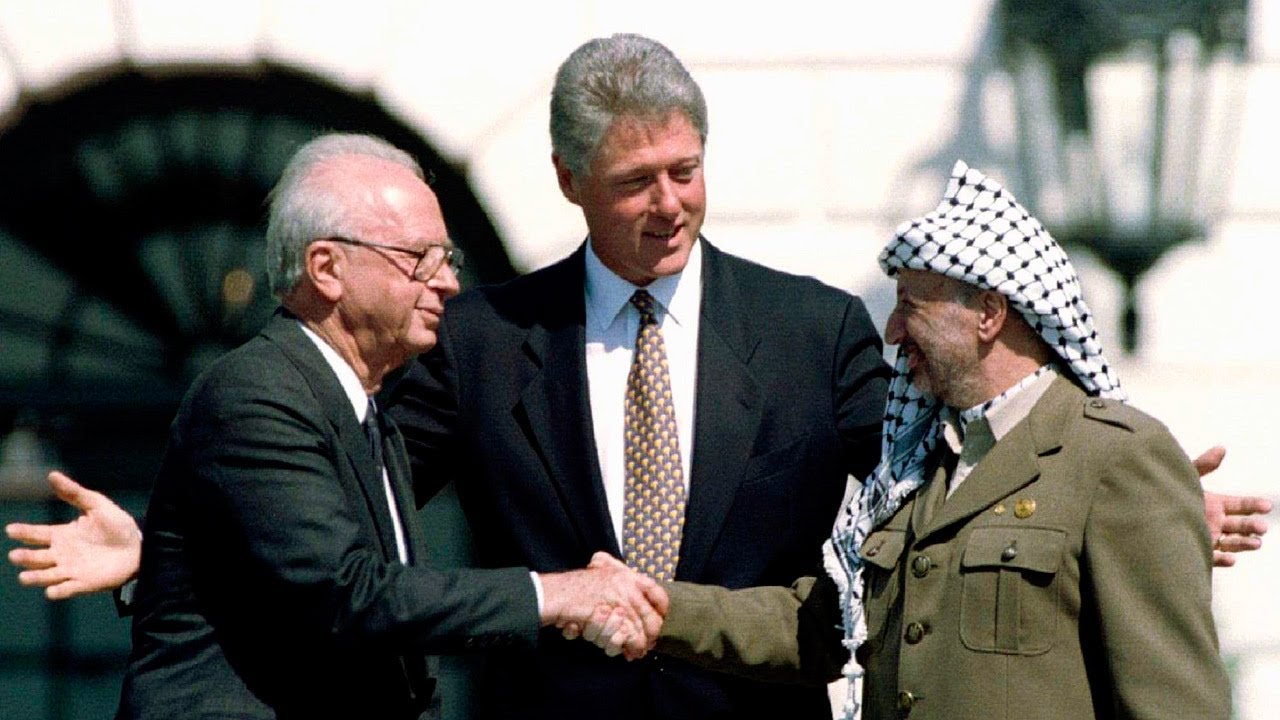November 2015 Review
TransConflict is pleased to present a selection of articles published during November, plus updates from the Global Coalition for Conflict Transformation.
| Suggested Reading | Conflict Background | GCCT |
1) America’s default setting – part two
Gerard M. Gallucci – Berlin and Brussels should be spearheading efforts to pull together a diplomatic approach – to accompany US/Russian military actions – to gaining some level of stability in the Mideast. They should drag Washington into doing more both on the diplomatic side and with receiving refugees. After all, it was the US interventions in Afghanistan and Iraq, and the misguided encouragement of the “Arab Spring,” that helped lead to the current chaos. Read on…
2) Coercive Utopia
David B. Kanin – The European Union is an obstacle to Balkan Development. The desire to get into the European Union is an even bigger obstacle. Read on…
3) A conducive geopolitical environment for Israeli-Palestinian peace
Dr. Alon Ben-Meir – Due to unfolding regional events, the shifting geopolitical dynamics within the Arab states, the changing nature of the bilateral relations between Israel and the Palestinians, and the strong Western desire to bring an end to the conflict, the conditions are ripe to reach a comprehensive Arab-Israeli peace. Read on…
4) Power, corruption and lies – the vortex of ‘Frozen Conflict’
Robert Ledger – ‘Frozen conflicts’ blight a number of ex-Soviet states where reformist voices seek a more democratic and liberal path. Resolving these disputes has proved exceptionally difficult as a result of vested interests, which depend on the status quo, and outside interference. Read on…
5) The asterisk gets bigger
David B. Kanin – Kosova’s defeat at UNESCO was as decisive as it was narrow because its stunted sovereignty leaves Pristina no room for error. Read on…
6) Yemen – where humanity is flaunted
Rene Wadlow – There are wide-spread fears that the recent attacks against hospitals in Afghanistan and Yemen could weaken, and perhaps destroy, the prohibitions and restraints in war which are now called “humanitarian law.” Read on…
7) Time to end the Israeli occupation
Kirthi Jayakumar – Dismissing Palestinian resistance as a criminal act is only legitimising Israeli offensives in the name of self-defence. And in the pursuit of this self-defence, Israel is busy destroying Palestinian homes, breaking up Palestinian families, displacing Palestinians and bombing Palestinian towns at a whim. Read on…
8) How to fight “Facebook Terrorists”
Arik Segal – Whilst social media is not one of the causes of the Israeli-Palestinian conflict, its features make it an effective, tactical tool that can be used in any conflict; allowing more people to be exposed to more information in almost real time. Internet giants should therefore invest in developing algorithms that identify certain key words or violent footage and manage its exposure – in the same way they control pornographic content – in order to strengthen its contribution to resolving conflict. Read on…
9) Is the occupation behind the current violence?
Dr. Alon Ben-Meir – If anything, the occupation has been and will continue to be the very evil that Israel needs to rid itself from, and they must do so for their own sake rather than the Palestinians’, as the occupation poses the greatest threat to Israel’s future well-being. Read on…
10) 25th November – silent violence against women
Rene Wadlow – Inequality and the walls built around the informal sector are the marks of the “silent violence” against women. On 25th November, this day for the elimination of violence against women, we need to look closely at the social, cultural and economic walls that imprison. Read on…
11) The effects of extending presidential terms in Africa – the case of Burundi, Uganda and Rwanda
Tendaishe Tlou – Attempts to extend presidential terms in countries of the Great Lakes region such as Burundi, Uganda and Rwanda are fueling political and social tensions that could well reignite ethnically-based violence in a part of Africa with a history of genocide. Read on…
12) In pursuit of peace journalism post-Paris
Kirthi Jayakumar – A comparison of the coverage of terrorist attacks in France, Lebanon and Kenya demonstrates that global media falls well-short of the ideals of peace journalism. Read on…
13) Why have past Israeli-Palestinian negotiations failed?
Dr. Alon Ben-Meir – The more prominent reasons behind the collapse of prior Israeli-Palestinian negotiations include disagreement on rules of engagement, a failure to delink the conflicting issues, a lack of trust, political factionalism, power disparities in the negotiations and an absence of bold leadership. Read on…
The Global Coalition for Conflict Transformation
1) ‘We want to show that healing is a very important need’
Never Again Rwanda – Never Again Rwanda, a member of the Global Coalition for Conflict Transformation, has published a new study, entitled ‘Societal Healing in Rwanda: A mapping of actors and approaches’. Read on…
2) Never Again Rwanda launches four-year Societal Healing and Participatory Governance program
Never Again Rwanda – Never Again Rwanda, a member of the Global Coalition for Conflict Transformation, has launched a four-year Societal Healing and Participatory Governance program, in conjunction with the release of research findings on healing in Rwanda. Read on…
3) What is the OISL report? The story of the UN process so far
The Sri Lanka Campaign for Peace and Justice – TransConflict hereby presents an overview of the UN Investigation Report on Sri Lanka (OISL), prepared by the Sri Lanka Campaign for Peace and Justice, a member of the Global Coalition for Conflict Transformation. Read on…




































Pingback : TransConflict posted a blog post | henrytpeacemaker